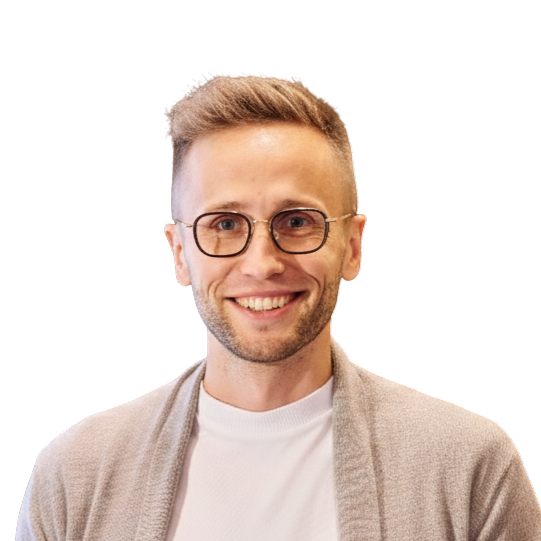Show Notes
Part 4 of 4 of our series with Sergey Jakimov, founding partner of LongeVC.
Host Jon Chee sits down with Sergey to hear about his unconventional approach to LP fundraising and his science-first investment philosophy.
Key topics covered:
- Why authentic storytelling attracts like-minded LPs over traditional pitching
- How good science raises money even in down markets
- Understanding Big Pharma's patent cliffs and need for venture-backed innovation
- Building longevity investing around diseases and molecular assets
- Creating accessible success stories to attract generalist capital
Resources & Articles
- Patent Cliff https://www.foley.com/insights/publications/2025/09/patent-cliff-ma-activity-for-companies-right-now/
- Keytruda Patent Expiration https://www.barrons.com/articles/merck-keytruda-patent-expiration-new-version-b0cc14d1
- Preparing for Pre-Seed & Seed Funding https://www.excedr.com/resources/how-to-prepare-for-pre-seed-seed-funding
Organizations & People
- Merck https://www.merck.com/
- Roche https://www.roche.com/
- Novo Nordisk https://www.novonordisk.com/
- Garri Zmudze https://www.linkedin.com/in/garri-zmudze-982a48138/




